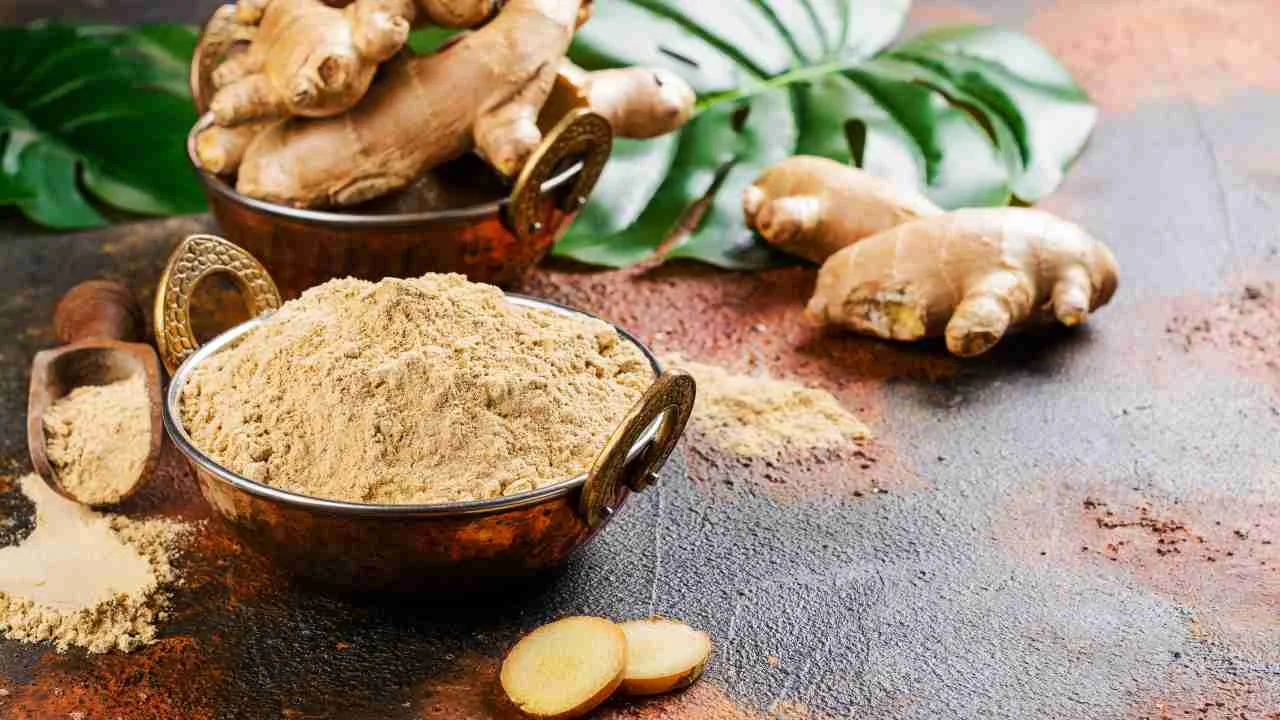Ginger possesses the capability to aid in managing specific autoimmune
diseases by inhibiting white blood cell activity responsible for inflammation,
as indicated by a small-scale study.
While ginger has been traditionally known for its therapeutic properties,
research involving individuals with autoimmune conditions has been limited,
leaving the exact mechanisms behind its anti-inflammatory effects unexplained,
according to Kristen Demoruelle, MD, PhD, a senior study author and associate
professor of rheumatology at the University of Colorado School of Medicine in
Aurora.
Dr. Demoruelle explains, "Supplements often don't receive sufficient
recognition for their potential health benefits due to a lack of rigorous
studies investigating their mechanisms of action in people." She further
emphasizes, "What sets our study apart is that we illustrate a specific
pathway through which ginger exerts its anti-inflammatory effect, particularly
in individuals. This provides stronger support for the utilization of ginger
supplements in people to reduce inflammation."
How Did Researchers Evaluate the Anti-Inflammatory Effects of Ginger?
Ginger exhibits the potential to assist in the management of specific
autoimmune diseases by inhibiting the activity of white blood cells
responsible for inflammation, as revealed by a small-scale study.
Although ginger has long been acknowledged for its therapeutic properties,
research on individuals with autoimmune conditions has been limited, leaving
the precise mechanisms behind its anti-inflammatory effects unexplained. This
lack of clarity is articulated by Kristen Demoruelle, MD, PhD, a senior study
author and associate professor of rheumatology at the University of Colorado
School of Medicine in Aurora.
Dr. Demoruelle clarifies, "Supplements often fail to receive adequate
recognition for their potential health benefits due to the insufficient number
of rigorous studies investigating their mechanisms of action in people." She
further emphasizes, "What distinguishes our study is that we elucidate a
specific pathway through which ginger exerts its anti-inflammatory effect,
particularly in individuals. This offers stronger support for the utilization
of ginger supplements in people to reduce inflammation."
Demoruelle states, "Excessive NET formation is implicated in the inflammation
associated with various diseases, including rheumatoid arthritis,
antiphospholipid syndrome, lupus, and even COVID-19. Consequently, our
findings can help identify precisely which individuals may benefit from the
anti-inflammatory effects of ginger."
Don’t Load Up on Ginger Supplements Just Yet
The study's small sample size and preliminary nature limit its ability to draw
definitive conclusions regarding the safety and effectiveness of prescribing
ginger supplements for treating autoimmune diseases. Moreover, it is important
to note that not all autoimmune diseases may benefit from ginger
supplementation, according to Lawrence Taw, MD, a clinical professor and
director of the Center for East-West Medicine at the University of California
in Los Angeles.
Dr. Taw, who was not involved in the study, emphasizes that inflammation
varies across different conditions. Ginger may not provide beneficial effects
and might even exacerbate certain types of inflammation, such as psoriatic
arthritis, inflammatory bowel disease, and dermatitis.
Furthermore, caution must be exercised when considering ginger supplements due
to the potential risks of increased bleeding and interactions with
medications, including blood thinners, warns Dr. Taw.
Dr. Taw advises individuals who are considering ginger supplements for
managing their medical conditions to consult with their doctor first.
Consuming More Ginger in Foods Is Worth a Try
The most advisable approach for individuals with an autoimmune disease to
incorporate ginger into their dietary regimen is to observe its effects on
inflammation, according to Taw.
Cooking with ginger is likely safe and poses no significant risks, as
indicated by Samantha Heller, RD, a senior clinical nutritionist at NYU
Langone Health in New York City.
"Ginger has been utilized both medicinally and in culinary practices for
countless centuries," states Heller, who was not involved in the recent study.
"Ginger is renowned for its remarkable properties, including
anti-inflammatory, antioxidant, and antinausea effects. Integrating ginger
into dishes, whether in its fresh, preserved, crystalized, pickled, dried, or
ground forms, might offer several health benefits and enhance the overall
flavor profile."

